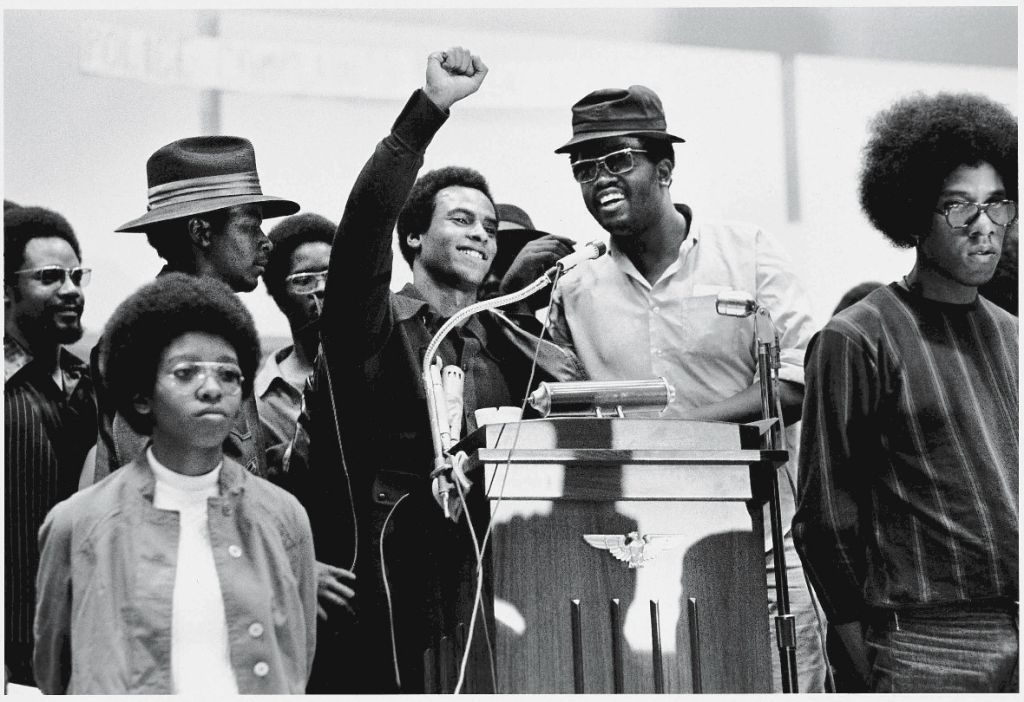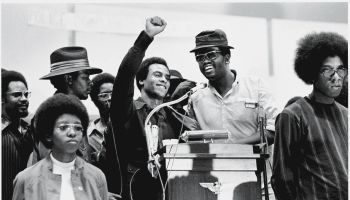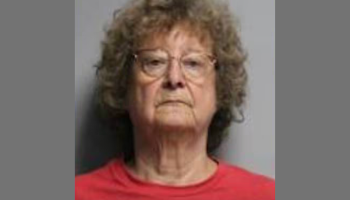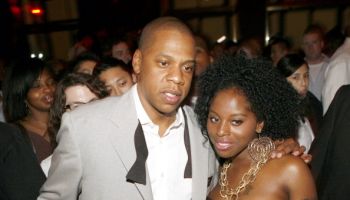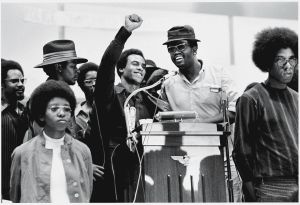
Source: David Fenton / Getty
Newton was born in Monroe, Louisiana. He was the youngest of seven children of Armelia Johnson and Walter Newton, a sharecropper andBaptist lay preacher. His parents named him after former Governor of Louisiana Huey Long. In 1945, the family migrated to Oakland, California, as part of the second wave of the Great Migration of African Americans out of the South to the Midwest and West.[3] The Newton family was quite poor and often relocated throughout the San Francisco Bay Area during Newton’s childhood, although he said his family was close-knit, and that he never went without food and shelter as a child. Growing up in Oakland, Newton stated that he was “made to feel ashamed of being black.”[3] In his autobiography, Revolutionary Suicide, he wrote,
“During those long years in Oakland public schools, I did not have one teacher who taught me anything relevant to my own life or experience. Not one instructor ever awoke in me a desire to learn more or to question or to explore the worlds of literature, science, and history. All they did was try to rob me of the sense of my own uniqueness and worth, and in the process nearly killed my urge to inquire.”
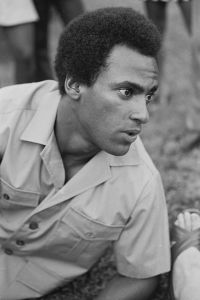
Source: David Fenton / Getty
Newton graduated from Oakland Technical High School, in 1959, without being able to read, although he later taught himself; The Republicby Plato was the first book he read.[4] Newton also attended Merritt College, San Francisco Law School, and the University of California at Santa Cruz, where he earned a bachelor’s degree and, later, a Ph.D.[5] As a teenager, he was arrested several times for minor offenses, including gun possession and vandalism at age 14.[6]
After Newton taught himself to read, he started questioning everything. In his autobiography,[7] Newton states, “Most of all, I questioned what was happening in my own family and in the community around me.” This was the start of his involvement in the civil rights movement. Newton once wrote that he began his law studies to become a better criminal, although he said that he had been a “big-time fool” for having such narrow ambitions.[8][9]
